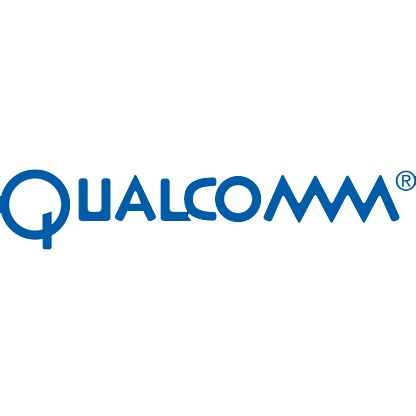Qualcomm seeks ban on sales of Intel-based iPhone X in US
Pakistan Press Club – New York
Legal filing with ITC is the latest move in a heated patent infringement battle between Apple and its key chip supplier.
If Qualcomm has its way, it could get even tougher to buy certain iPhone X models.
The chipmaker on Thursday filed a request with the US International Trade Commission to ban the import and sale of certain iPhones that use Intel’s modem. Those would include the iPhone X, 8, 8 Plus, 7 and 7 Plus that run on AT&T and T-Mobile. The phones that run on networks from Verizon and Sprint use Qualcomm’s modem and wouldn’t be included in the ban.
“Apple can import iPhones (regardless of who supplies the modems) that do not infringe the patents asserted in this action, but Apple has no inherent right to infringe Qualcomm’s [non-standards essential patents] through the sale of its iPhones,” Qualcomm said in its filing. “Preventing such infringement, and thereby rewarding innovation, is the very purpose for which the patent system was designed.”

Apple didn’t have a comment Thursday but referred CNET to its filing from Wednesday. It said in that complaint that “Apple’s iPhone is the reason consumers fell in love with smartphones and this continues to push Apple to create and innovate with new products and technologies, such as iPhone X Face ID. Qualcomm’s paid advertising makes wildly inflated claims about its role in the development of the smartphone, but the facts show that it was Apple that put an easy-to-use computer-phone in the palm of people’s hands, not Qualcomm.”
The ITC request is the latest move in Qualcomm and Apple’s heated battle over patents. Apple filed suit against Qualcomm for roughly $1 billion in January, saying the maker of wireless chips didn’t give fair licensing terms for its technology. Apple wants to pay a lower amount for using Qualcomm technology in its devices. Qualcomm, the world’s biggest provider of mobile chips, responded by suing Apple for patent infringement and seeking a ban on iPhone sales. The company maintains that no modern handset — including the iPhone — would have been possible without its cellular technologies.
The two have lobbed other complaints against each other over the past few months. Wednesday, Apple filed another lawsuit against Qualcomm, this time alleging the chipmaker infringed its battery patents. Later Wednesday, Qualcomm filed three new patent infringement complains against Apple related to 16 patents for power management, better bandwidth and other technology. Five of the 16 were included in the new ITC filing.
This isn’t the first time Qualcomm has asked the ITC to get involved in its battle with Apple. In August, the ITC said it would investigate Qualcomm’s complaint that Apple was illegally using its cellular technology in iPhones powered by modems made by Intel. In that complaint, Qualcomm also sought to ban all iPhones that use Intel’s chips.
Going to the ITC is a common tactic when engaging in battles over patents because the prospect of a product ban is often devastating enough to get both sides to the bargaining tables. Tech companies that involve the ITC in their disputes often figure out a resolution before any ban is put into effect.




